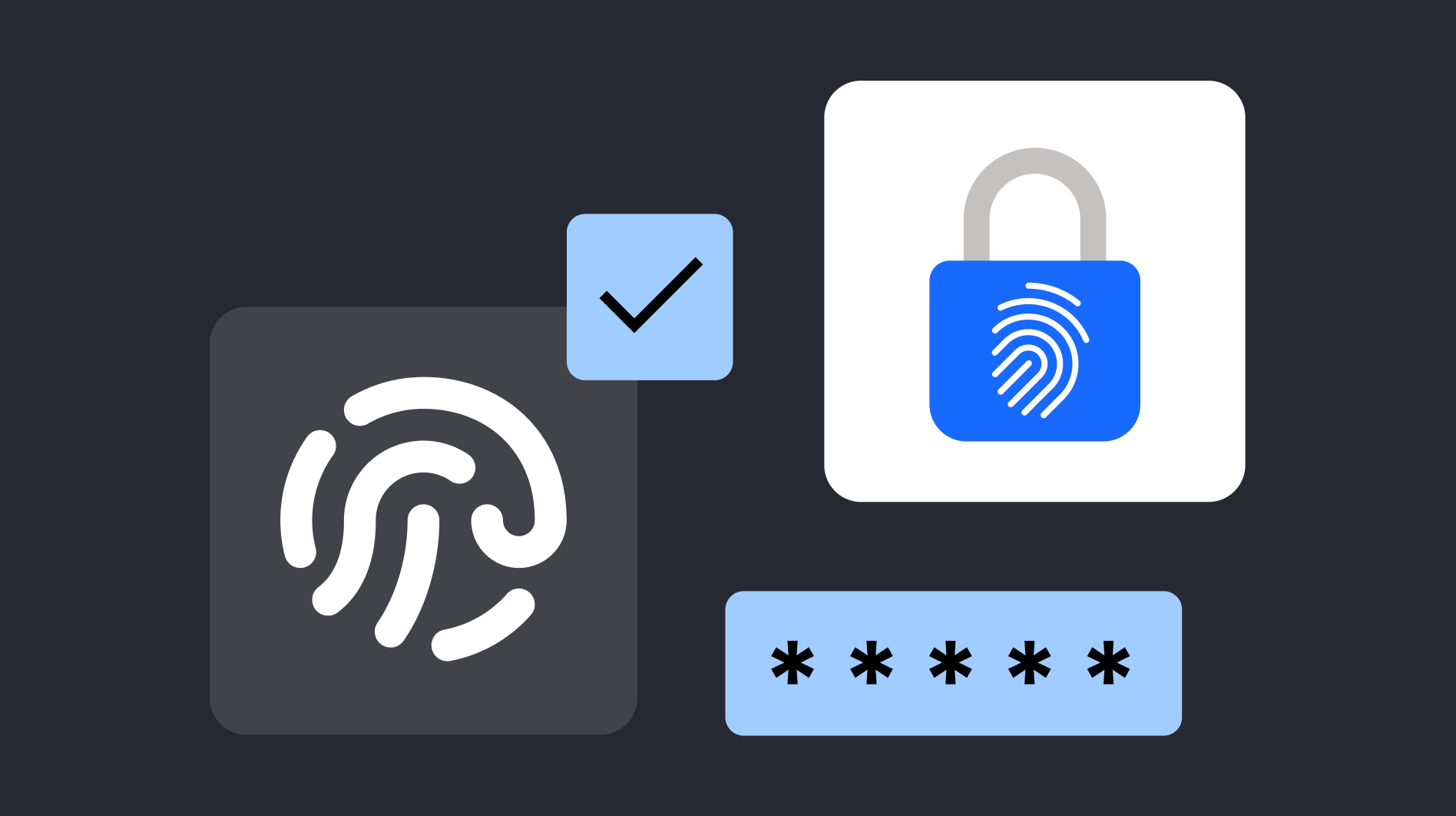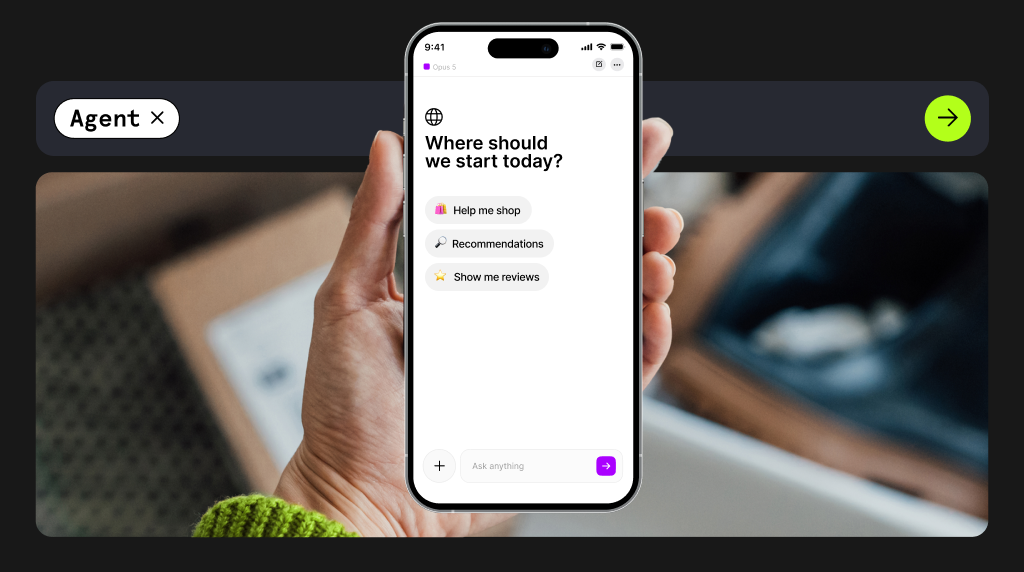Riverty, Bertelsmann’s financial service provider, formerly known as Arvato Financial Solutions and for its BNPL services under the brand AfterPay, aims to create the next generation of financial services. Based on trustworthy relationships and financial sustainability, Riverty supports individuals, businesses and societies with easy access payment products and takes accountability and responsibility of the full transactional value chain.
Everything you need to know about Bandan Jot Singh can be summed up in the story of how he ended up in Antarctica. The short version goes that, straight out of university and with an interest in sustainability, Bandan found himself at a conference where Robert Swan, the first man to walk to both North and South poles, was a guest speaker. With nothing to lose, Bandan approached Swan and asked to join his next expedition.
There are many conclusions you can draw about Bandan from this episode; confident, inquisitive, mission-driven, determined, humanistic, humble. They all come through in the story of his path into payments.
Today, Bandan is on the search for connections of a different kind. His new job demands it. Recently appointed by Riverty, the payment and financial services business, his remit covers buy now, pay later (BNPL), product strategy, commercial partnerships, UX design, and the P&L for multiple business units.
While these different remits may seem unconnected to most, Bandan sees it another way. “We tend to think of jobs as a set of individual tasks, each requiring different skills. But everything’s connected. User testing that creates great customer experiences ultimately impacts the P&L. You’re only able to see these associations when you step back and look at the whole picture.”
The challenge, he says, is for his team to also understand these links. “Do they know how their work impacts the top and bottom line? That’s a question I want everyone to be asking themselves.” It requires an agile mindset, he says. “One minute you need to zoom in to the detail, and the next you need to zoom out and look at the big picture.”

Big picture, small detail
The ability to see the bigger picture while focusing on the details is something Bandan has learned from almost a decade working at the cutting edge of payments. He has been at the forefront of several significant concepts as they were taking off—pay-as-you-go (PAYG) software, BNPL and super apps. Most recently Bandan spent a year at Booking.com, as it continued to double-down on developing new financial services to partners and customers in the wake of Covid lockdowns. “You learn the importance of looking at where markets are going, and then translating that into day-to-day projects and tasks,” he says.
At Riverty, it's their BNPL product under Bandan’s watch. His assessment of this market demonstrates someone who doesn’t simply observe, but also understands where the opportunities are. The observation—a macro climate of high interest rates and weakening consumer confidence is putting pressure on provider’s margins. The opportunity—providers should differentiate themselves by targeting niche markets or building shopping ecosystems around their offer. Better still, they should see their business as a lender instead of a payment service, and so equally prioritize the collection element. This is one reason why Bandan predicts banks will play an interesting role in the future of BNPL: “They know how to do lending, they have access to liquidity, and they have less pressure on margins because they can cross sell other products,” he says.
He warns that any market assessment risks drawing conveniently neat conclusions that hide significant differences. “I’m a big believer in localizing marketing insights. For example, as an industry we like to put BNPL in a single bucket. But you really need to appreciate that it’s used for different things by different people in different markets. In Europe it’s about cash-flow and convenience, but in Southeast Asia it’s about meeting consumer aspiration with affordability; when I worked at Booking.com it was a liquidity tool. Understanding these nuances makes a big impact on the product and experience you build.”
Bandan says this balance—the big picture with the small detail—is one of the main things he’s learned from his career in payments. Yet a look at the education section of his CV suggests there was always an unconscious awareness of its importance. A degree in electrical engineering and a Masters in physics speaks to his technical side, while an MBA from the prestigious Indian School of Business tells of commercial ambition.
A passion for the possible
That said, a career in payments was not the plan. The change came in 2014, when the electronics startup where Bandan was working began experimenting with payments, specifically enabling people in developing countries to pay their electricity bills with their mobiles. Seeing the products he was developing put to a (then) very innovative use case whetted Bandan’s appetite for the ways technology could be applied to payments. “I could imagine all these amazing opportunities,” he recalls.
His passion for discovering what is possible has only grown since. Evidence of it comes fortnightly, with posts to his ‘Productify’ blog. Everything and anything connected with the world of product development and innovation is put under the lens. Regular readers will have been treated to an explanation of how Yahoo! lost their domination, what makes Elon Musk better at first principles thinking than most, and why Bill Campbell is the most important person in Silicon Valley you’ve probably never heard of.
The regularity of Bandan’s posts, not to mention their quality, doesn’t just demonstrate a professional who 'knows his stuff'. It’s also an expression of his appetite to spread knowledge, and an understanding of the best way to do that. “More businesses are now exploring the ideas behind product driven growth. I wanted a place where I could share what I was learning about, but do that with an academic touch so people could take the underlying concepts and apply it to their own businesses.”
If running a community blog alongside the day job sounds like commitment to a cause, then consider how Bandan relocated from his home in India to Thailand with the sole purpose of understanding his customers better. That story takes us back to August 2019, and a stint with the Southeast Asian SuperApp Gojek. “The company was operating from Singapore, but we were missing the customer view in our key markets. How does a shopkeeper really see us as a payment method—this is what we needed to know. And you can’t do that sitting thousands of miles away.”
He describes his two years with Gojek (the last six months saw him relocate again, to Indonesia) as a defining moment. “It really taught me about the value of the discovery part of product development. I was conducting primary research, customer focus groups, 1-2-1 interviews…all that turned us into a truly customer-centric company, as opposed to just a business that builds products that others build too.” Bandan shared personally in that success, rising to head up the company’s financial services product group.
Europe calls
Having swapped Asia for Europe in 2021, Bandan has been getting to know his new market—PSD2 and Open Banking are two of the important areas to understand. And while the regulation needs to be analyzed, Bandan is also focussed on the opportunities. “The consequences—more access to embedded finance, smarter credit underwriting for BNPL products, improved customer authentication for payments—represent huge leaps forward.” But he adds that these opportunities need to go hand-in-hand with ways of managing the new risks and fraud vectors that will inevitably emerge.
A less obvious piece of groundwork also interesting Bandan is how payment methods are becoming commoditized, and what this means. “It’s becoming easier to switch on new payment methods, while at the same time there’s a limit to how many different methods a customer needs. The upshot is that the payment itself will be less important. What will matter is the experience. Payment companies that come out on top will be those that fine tune their experience for different customers and merchants.”
Precisely what that means for Riverty is a plan still under development. And that’s purposeful, Bandan says. “You always want to be pragmatic. We don’t want to take bets that are one way streets. If an experiment doesn’t work out, you need to come back, regroup and ask ‘What’s next?’”
He returns to the theme of being customer-driven. “Here in Europe, it’s very clear that countries have very different relationships with BNPL. The challenge is how to reconcile capturing these local differences with having a global product. Anything less and you’re disrespecting your customers.”
It is not surprising then that Bandan talks about the next phase of Riverty being a focus on enabling financial sustainability. “We will consider ourselves successful when we help more and more customers back into a healthy financial lifestyle, rather than measuring ourselves by transactions and spend volumes.”
You get the sense that having a positive impact on the world is exactly how he measures himself too.



.jpg)


.png)






_How%20and%20why%20to%20launch%20a%20card%20program%20(1).png)


